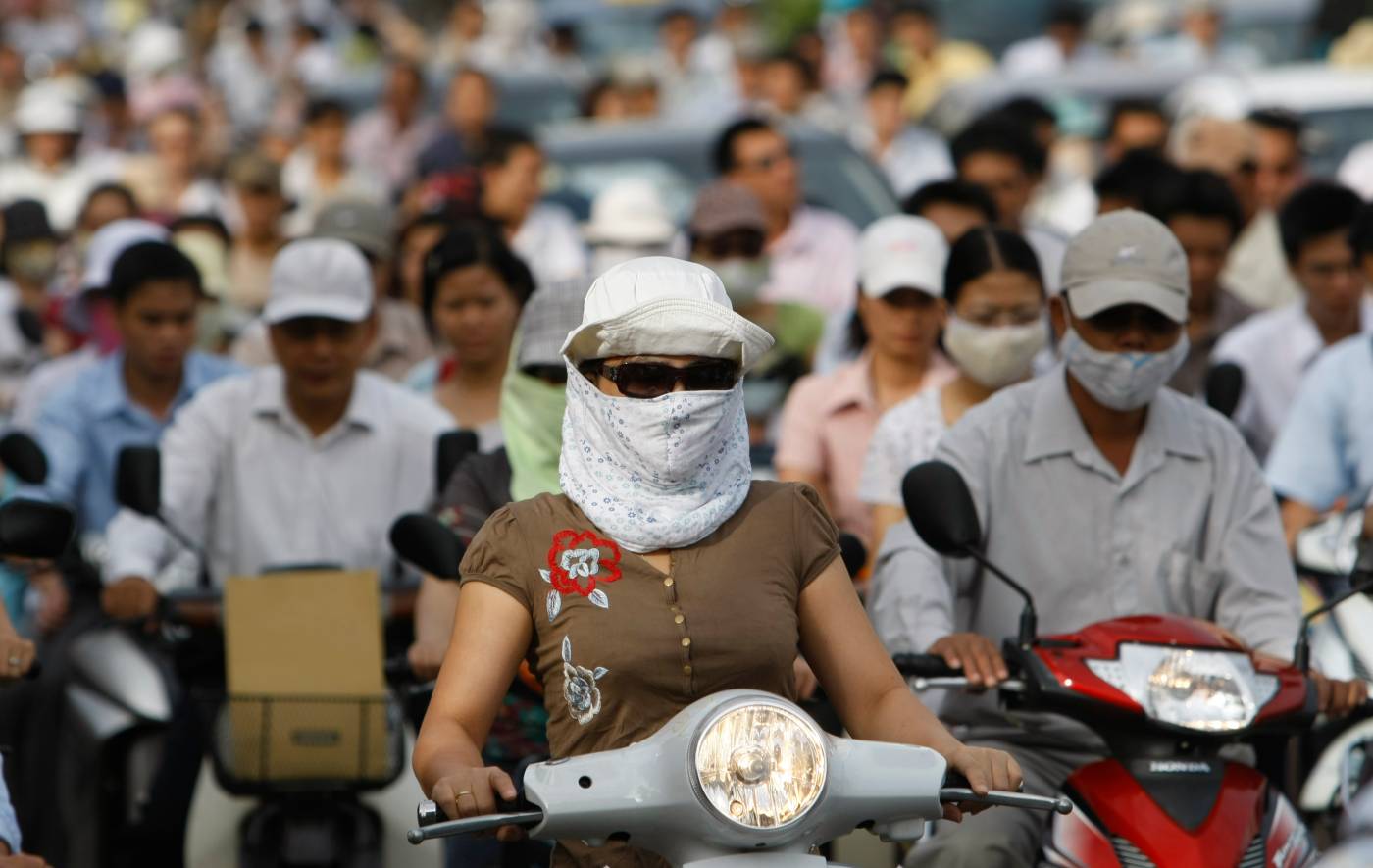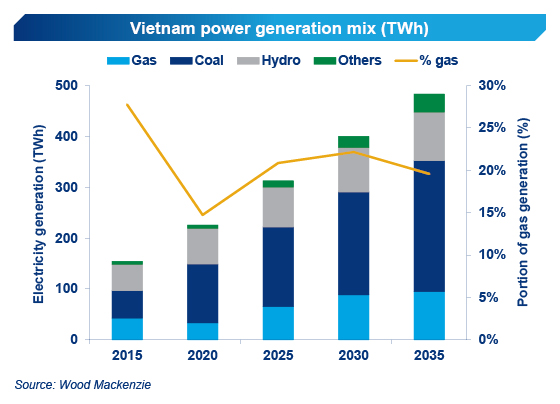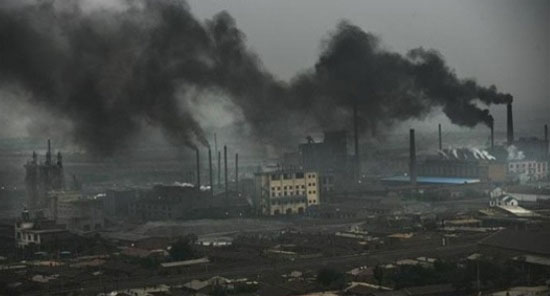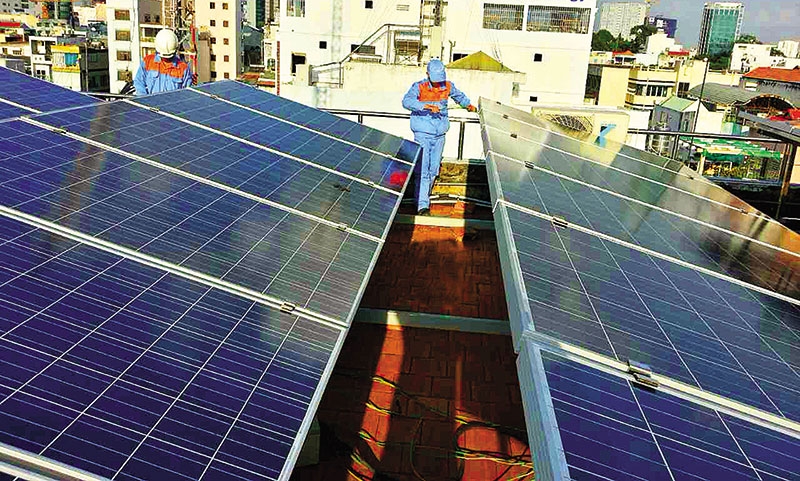
Since 2012, the GreenID has pioneered an experimental implementation of the Local Energy Planning program (LEP) in 2 communes Nam Cuong and Bac Hai, Tien Hai District, Thai Binh Province.
LEP is a participatory method in which an energy plan is developed by and with the people in a locality. LEP enables more efficient, and sustainable energy use and options for local generation of sustainable energy with multiple benefits. From the initial success in those two communes, in 2013 GreenID expanded the implementation of this approach to 03 additional communes in Hai Hau district, Nam Dinh province and 01 communes in Nam Dong district, Thua Thien Hue province. In 2014, LEP was implemented in Nguyen Phich commune, U Minh District, Ca Mau Province. This approach has been successfully implemented at the communal level in the provinces mentioned above and from 2016, the project has expanded and GreenID has been able to extend this approach further to Dak Lak and An Giang Province also at the commune level. This expansion to two new provinces is not covered by the evaluation. From practical implementation of this model, GreenID now considers LEP has great potential for wide application in many other places in the country and can also be considered to apply at higher levels.
GreenID aims to develop local energy planning (LEP) to become the model for designing sustainable energy solutions at the commune level in Vietnam. To achieve this strategic objective, GreenID is planning an independent evaluation activity to review the result of local energy planning program implementated in 3 provinces including Nam Dinh, Thai Binh and Ca Mau. GreenID is therefore seeking a qualified and experienced expert to undertake this task. The below part describes in detail the tasks of evaluation:
2. Work description and requirement
2.1 Evaluation objectives
- Review the results, advantages, disadvantages and the main contributions regarding economic, social and environmental aspects that LEP has brought to the communities in 3 provinces Nam Dinh, Thai Binh and Ca Mau.
- Evaluate the appropriateness and effectiveness of the local energy planning model implemented by GreenID comprising an assessment of LEP process and its tools in the context of development at grass root level in Vietnam.
- Evaluate the suitability of LEP with the relevant existing policies and programs at national level.
- Identity the opportunities for replicability, integration and advocacy for LEP application at different levels from commune to district ,province.
- Give recommendations for standardizing tools and methods for LEP implementation, lessons learnt for improving LEP in Daklak and An Giang provinces, and roadmap to widely implement LEP in Vietnam.
2.2 Key evaluation questions
- What are the strengths, creative elements and achieved results as well as the impacts and contributions of LEP to the economy, society and environment of local communities who applied LEP?
- How effective and relevant are sustainable energy solutions that are being applied in communities taking into account the sustainability of the model in terms of financial, technical and operational aspects?
- What are the appropriate points as well as limitations in the process of LEP implementation in regard to the steps, participation and the role of stakeholders, technical tools, resources at the communal level?
- What is the compatibility of LEP programs with existing policies at the provincial, national level?
- What opportunities are there to integrate into the programs and policies and to expand up scale and application of LEP in Vietnam.
- What is your advice and recommendations on the roadmap and the steps to standardize the LEP process and its tools to fit with the policies, socio-economic conditions in Vietnam as well as scaling up at higher levels (district, provincial and national)?
2.3 Specific tasks of expert:
The independent expert is expected to conduct the following tasks including, but not limited to:
- Develop an evaluation plan including: evaluation objectives, methods of collecting information, evaluation indicators, information sources and actiona plan, evaluation report outline.
- Study available existing materials and collect further relevant documents necessary to facilitate analysis and evaluate as outlined including: Review and analyze GreenID’s LEP documents in three areas and relevant policies and programs in Viet Nam and the region.
- Carry out surveys in the project sites, interview partners who participated in LEP implementation including: local energy teams, community leaders, related agencies at district and provincial level, enterprises, beneficiaries, experts involved in the process of implementing activities within the framework of the projects that were implemented in three provinces of Thai Binh, Nam Dinh and Ca Mau.
- Analysis and synthesis of information, collected data and write evaluation report.
- Deliver a report that address all the evaluation questions/objectives
3. Expected outputs
- Evaluation plan should be sent to GreenID for approval 1 week before the start of evaluation.
- Draft evaluation report should be submitted to GreenID to comment by December 10th 2016 before finalizing.
- Final evaluation report (both in Vietnamese and English, not exceed 40 pages except annexes) must be sent to GreenID by December 20th 2016 at the lastest.
- A Powerpoint presentation (30 – 45 minutes) on key findings to be shared in sharing workshops with stakeholders who participated in LEP implementation process, decision makers,...
4. Requirements and qualifications
The Evaluator should meet some following requirements and qualifications:
- Minimum 10 years experience in the field of assessment and evaluation of development projects especially projects related to the energy sector
- At least master degree in Energy, Community Development or any other relevant fields;
- Excellent written and verbal communication skills in English.
- Good understanding of the policy system, politics, the law in Vietnam
- Good synthesis, critical thinking and analysis skills; ability to give appropriate and innovative recommendations in the context of Vietnam.
- Experience in analysis, synthesis and report writing of energy projects
5. Time and resources:
- Evaluation duration: November 7th 2016 – December 20th 2016
- The total number of working days is maximum 22 days, the rate per day will be subject to the consultant’s qualifications and experience as described in the current EU-UN cost norm for national consultants. The costs for travelling, accommodation and per diem will be covered by GreenID with the financial support from Oxfam Australia and McKnight Foundation.
6. Contact and Deadline:
Interested candidates are invited to submit an expression of interest:
- Addressing the recruitment qualifications above
- Indicating a professional daily rate
- Including an example of report that is written by the applicant and that is relevant to the ToR
- Attach the applicant’s CV
All the EOI should be addressed to:
Mr. Do Xuan Hoan – Project Officer.
Green Innovation and Development Centre (GreenID)
Address: Suite 707, 7th Floor, Sunrise Building, 90 Tran Thai Tong Street, Cau Giay, Ha Noi.
Phone/Fax: +84 4 379 563 72 - +84 96 777 2826
Email: dxhoan@greenidvietnam.org.vn
Deadline: October 30th 2016









